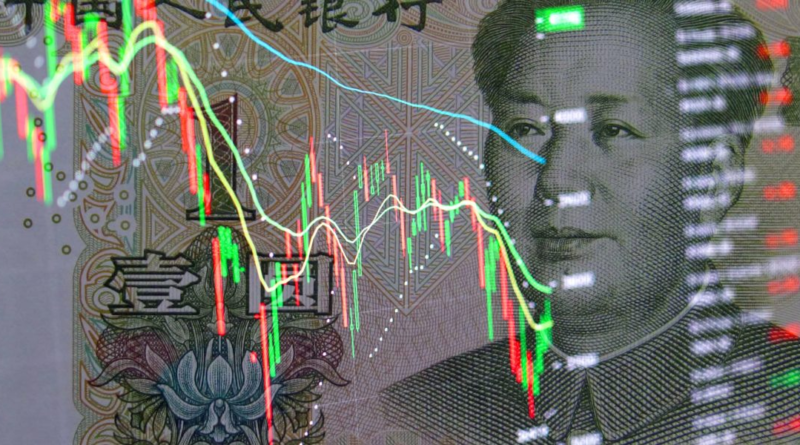Sovereign wealth investors think geopolitics and election uncertainty, not inflation, is their biggest risk
Geopolitics and election-driven uncertainty is the biggest worry for sovereign wealth managers, according to a survey from investment firm Invesco, published Monday. Over 80% of managers cite geopolitical tensions as the largest short-term risk, and fragmentation and protectionism as the largest long-term risk, according to the firm’s Global Sovereign Asset Management report, which surveyed central banks and sovereign wealth funds overseeing about $22 trillion in assets.
Last year, inflation was top of mind for central bankers and sovereign wealth fund managers, with over 80% citing increasing prices as their largest short-term concern.
A series of elections this year, including the upcoming U.S. presidential elections in November, are fueling that geopolitical uncertainty. “Elections are a real unknown for the world economy, and could also have an impact on the inflation outlook,” said one Western central banker quoted in Invesco’s report.
A more complicated geopolitical environment could complicate what’s largely been a good year for sovereign investors. More than half of investors exceeded their 2023 revenue targets compared to less than 40% the year before, according to Invesco. Average returns rose to 7.2% last year, compared to a 3.5% decline in 2022.
But there’s opportunity too. Over half of respondents to Invesco’s survey believe supply chain diversification will help emerging markets. Latin America “could benefit from the ongoing supply chain reconfiguration,” one Asian sovereign wealth fund told Invesco.
Sovereign investors are also turning to gold, traditionally a safe asset. Over half of central bankers see gold as more attractive as an “apolitical asset,” according to Invesco. Bankers are worried that foreign reserves are now being weaponized and at risk of being sanctioned and seized.
Gold is a “confidence building-asset” and a “hedge against the weaponization of currencies,” one Asian central banker told Invesco.
Election uncertainty
Unexpected election outcomes this year have already affected the markets.
Indian stock markets briefly tumbled when India Prime Minister Narendra Modi failed to win a parliamentary majority, meaning he would need to work with other parties to secure his pro-business agenda. The NIFTY 50, which tracks 50 largest companies listed on India’s National Stock Exchange, fell 6% when results were announced in early June.
French markets reversed declines after the National Rally, a far-right party, failed to win a legislative majority in recent elections.
Investors are also closely watching the lead-up to November’s U.S. presidential elections.
On Sunday, President Joe Biden announced that he would not accept the Democratic Party’s presidential nomination, and endorsed Vice-President Kamala Harris in the race to defeat former President Donald Trump in November.
Analysts are divided on what this new uncertainty means for investors and the “Trump trade,” or an investment strategy focusing on sectors, companies and countries expected to benefit from Trump’s economic and foreign policies.
“There was a lot of confidence about Trump winning, and markets won’t like this new uncertainty,” Gene Munster, co-founder and managing partner at Deepwater Asset Management, told Bloomberg.
Gold prices edged up slightly and the U.S. dollar weakened in early Asia trading, following Biden’s announcement.




